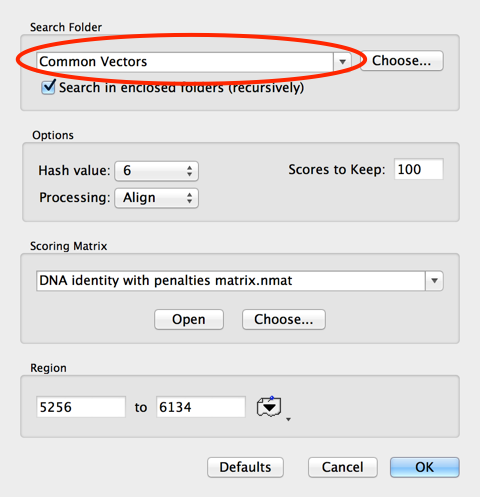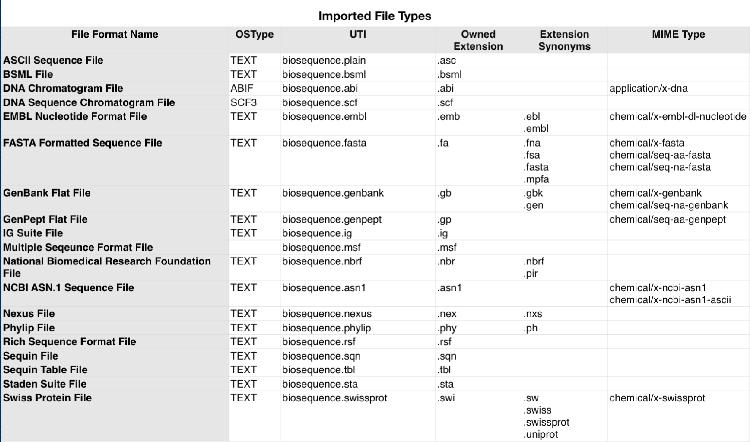

However, generating gene disruptions through classic reverse genetic approaches is a complex and inefficient process in P. High throughput methods for identification of gene functions are imperative to better understand parasite biology and develop effective disease control strategies.

Despite these enormous efforts, Plasmodium genomes continue to be perplexing with more than 50% of the genes coding for hypothetical proteins with limited homology to model organisms. falciparum, providing valuable information about parasite biology. The current post-genome era has witnessed a progression of functional genomics studies accomplished in P. A continuous rise in parasite drug-resistance has further hindered malaria control strategies and resulted in increased number of deaths in the last few years. Out of the four Plasmodium species that cause malaria, Plasmodium falciparum is responsible for much of the mortality associated with the disease primarily due to lethal infections in young children of sub-Saharan Africa. Malaria is a leading infectious disease that affects 400–600 million people, causing 2–3 million deaths, every year. falciparum that will help better understand parasite biology and accelerate drug and vaccine development. Our results clearly demonstrate that piggyBac is a novel, indispensable tool for forward functional genomics in P. falciparum with a phenotypic screen for attenuated growth, which identified several parasite genes and pathways critical for intra-erythrocytic development.

We further explored the possibility of forward genetic studies in P. falciparum genome, in regards to gene expression in parasite life cycle stages and functional categories. Analysis of piggyBac insertion sites revealed random insertions into the P. falciparum mutant clones with mostly single piggyBac insertions in their genomes. Through multiple transfections, we generated 177 unique P. In this study, we investigated the lepidopteran transposon, piggyBac, as a molecular genetic tool for functional characterization of the Plasmodium falciparum genome. Transposon mutagenesis has been used widely to identify gene functions in many organisms and would be extremely valuable for functional analysis of the Plasmodium genome. A lack of robust tools for genetic manipulation of the parasite limits functional analysis of these hypothetical proteins and other aspects of the Plasmodium genome. Much of the Plasmodium falciparum genome encodes hypothetical proteins with limited homology to other organisms.


 0 kommentar(er)
0 kommentar(er)
